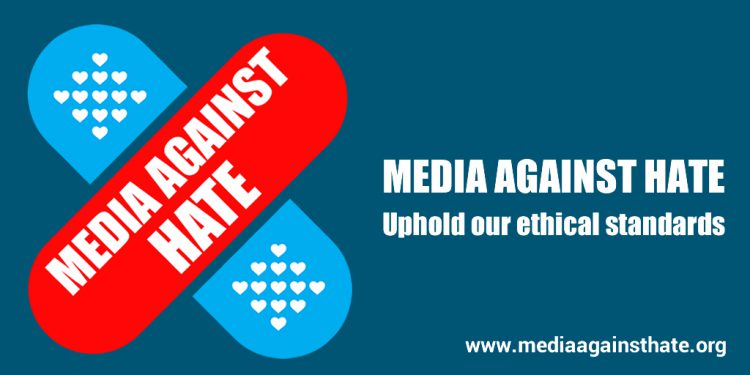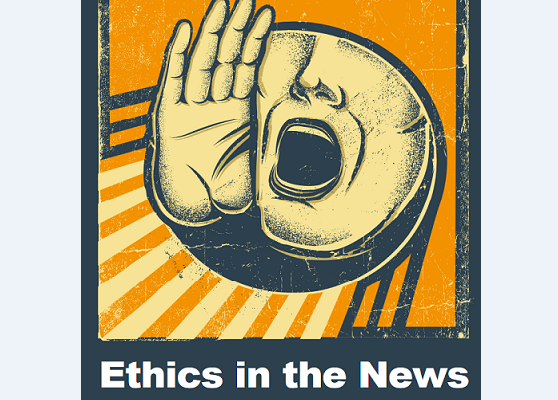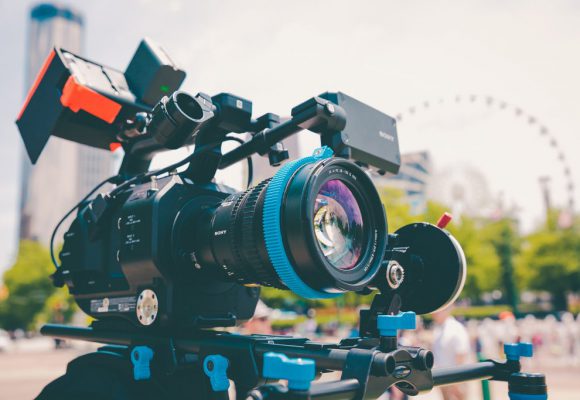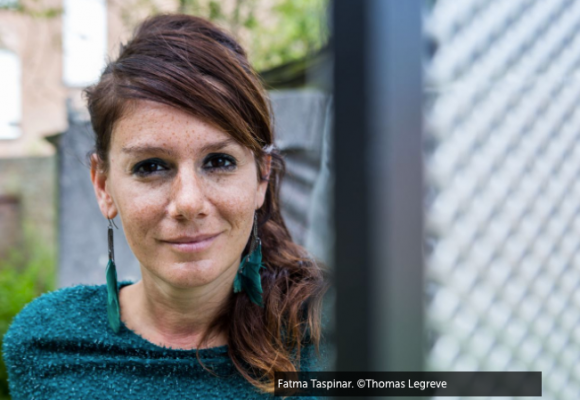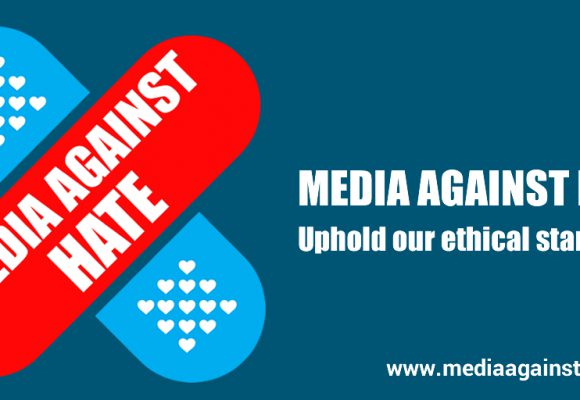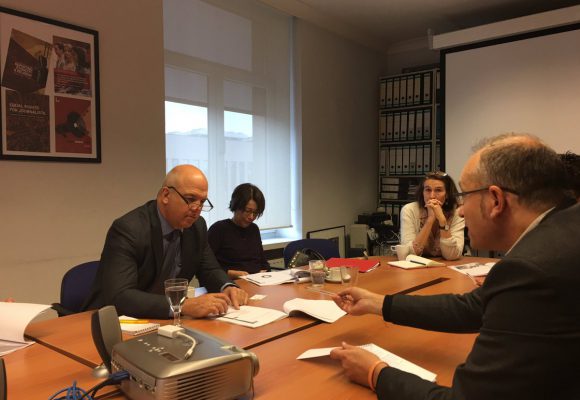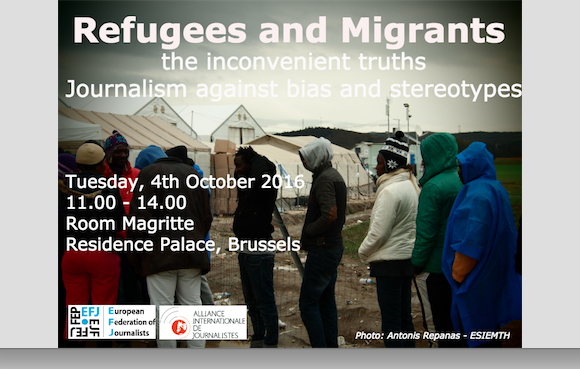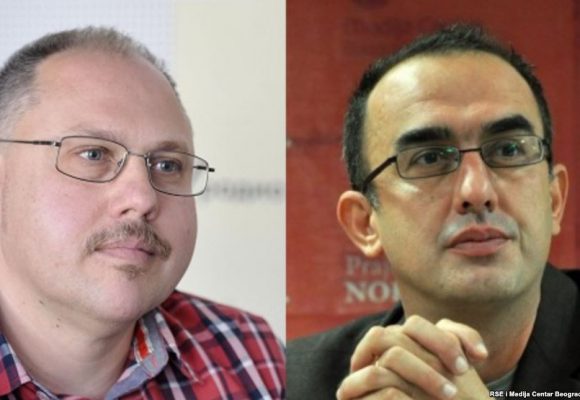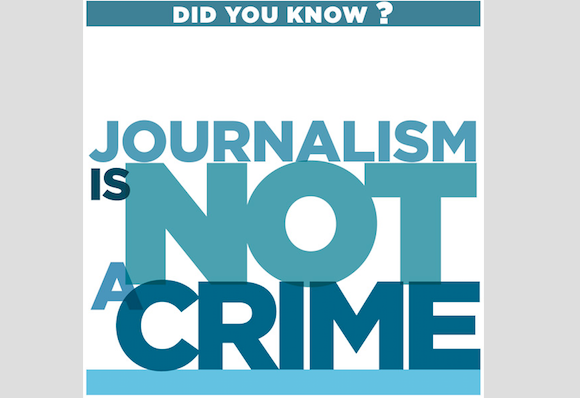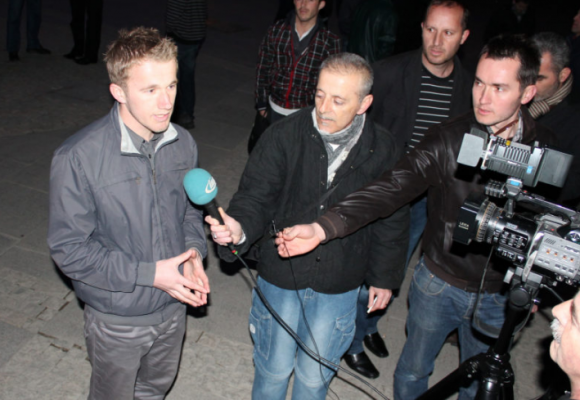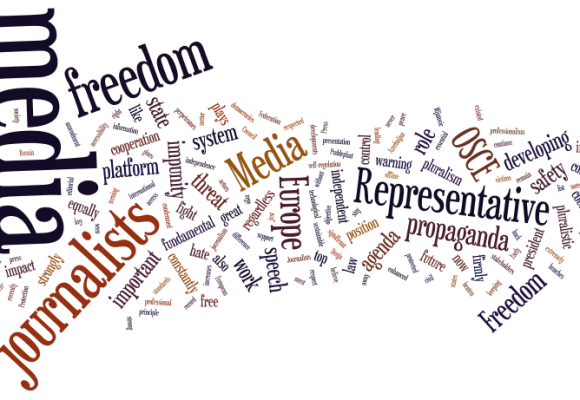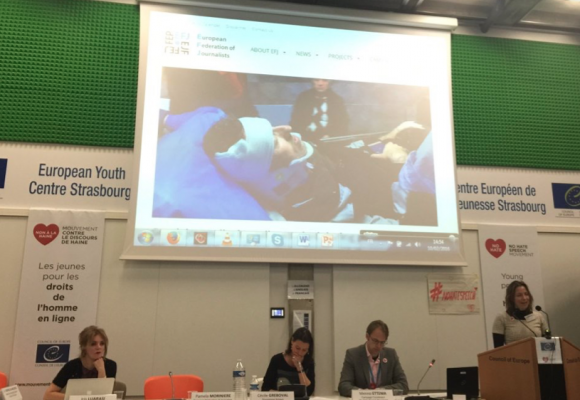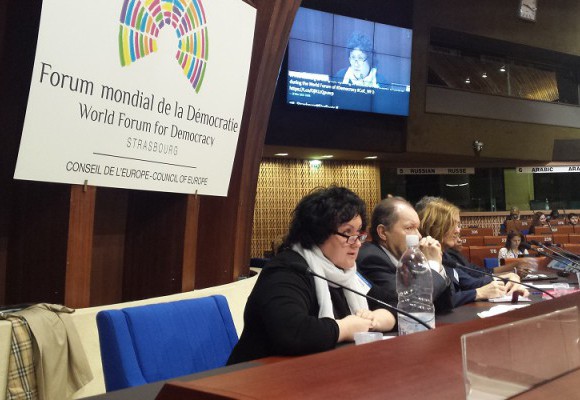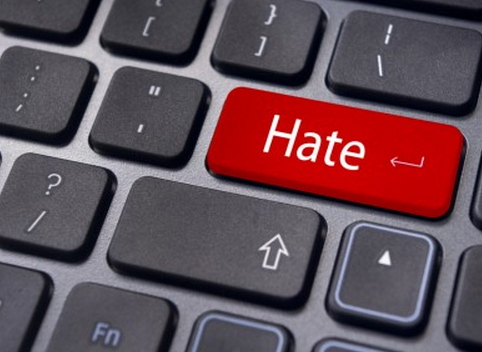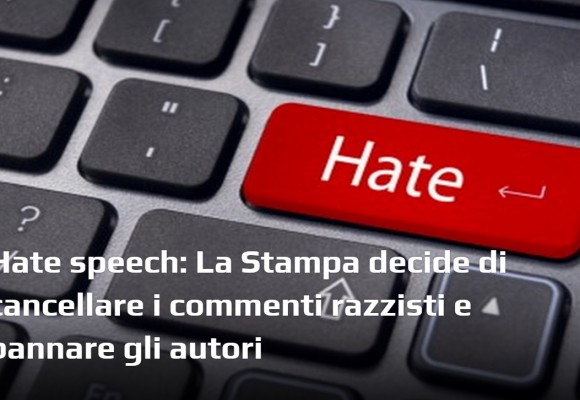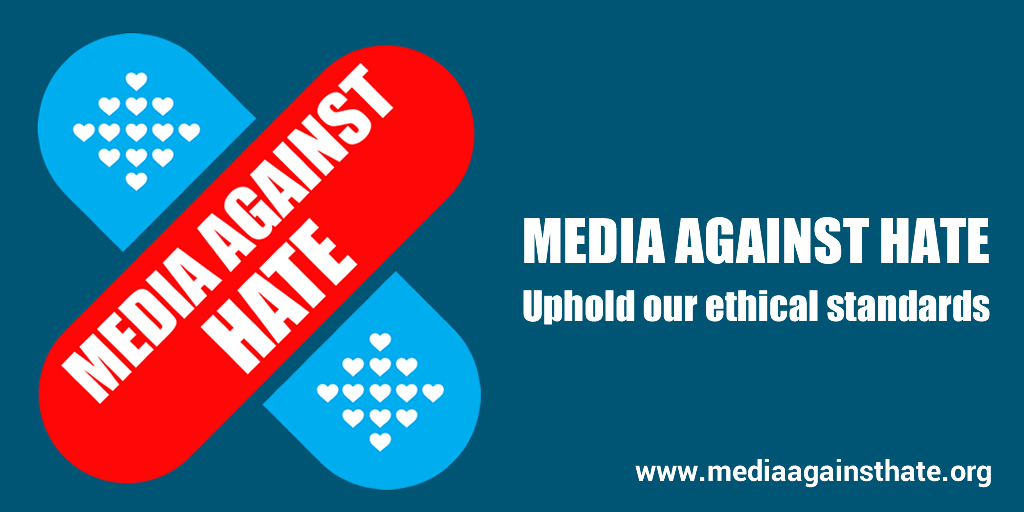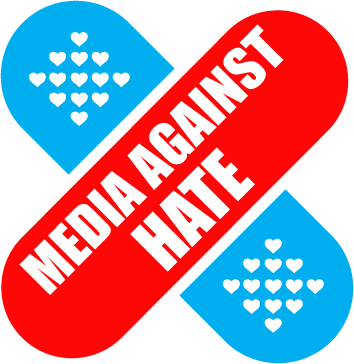Media Against Hate: Training modules
The rise of online hate speech poses challenges both to media professionals and our democratic values. This training module, divided into 4 elements, is designed to help media professionals deal with ethical problems. Module 1: Practices on migrants and refugees Module 2: Inclusion through media Module 3: Media Against ‘Hate Speech’ Module 4: How to counter hate speech and manage an online community These publications were produced as part of “Media Against Hate”, a Europewide campaign initiated by the European Federation of Journalists (EFJ) and a coalition of civil society organisations.

